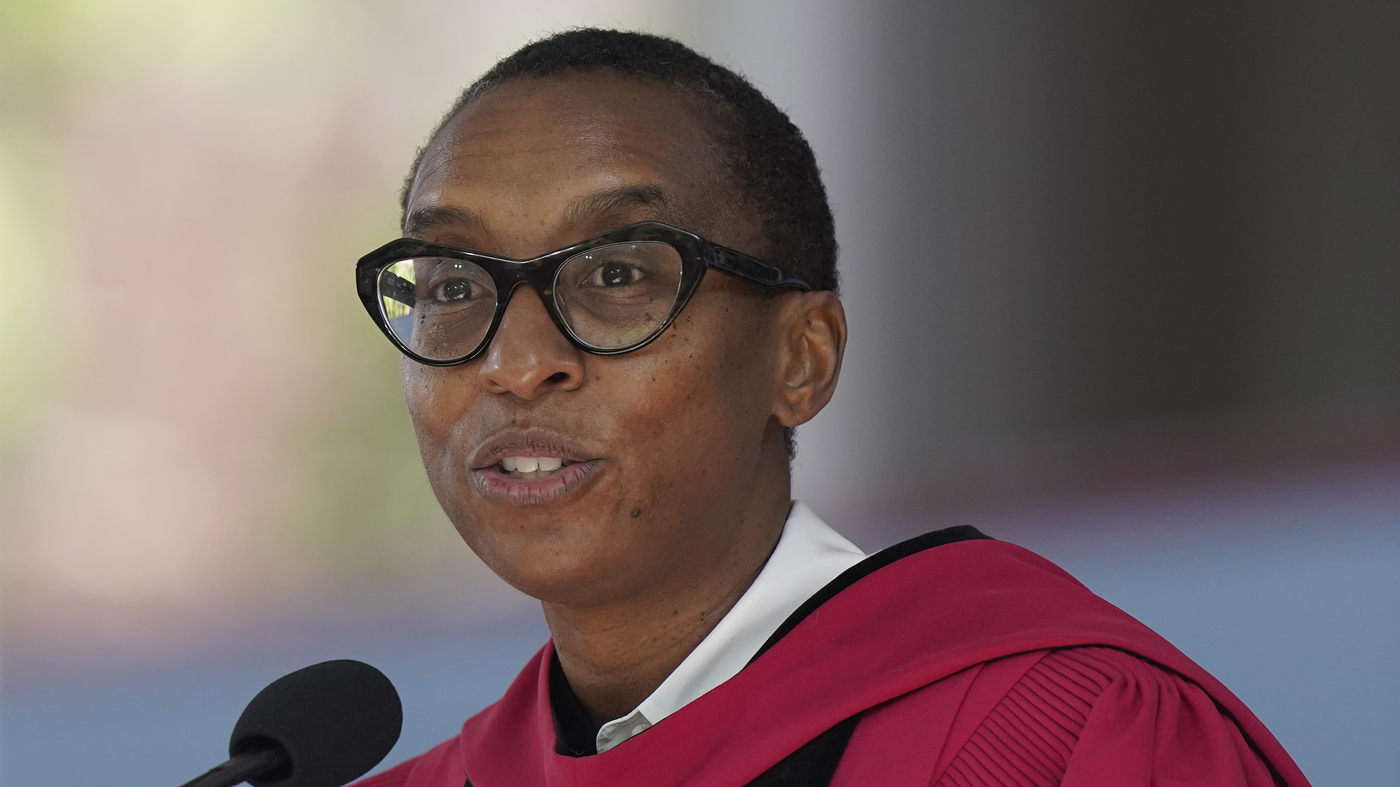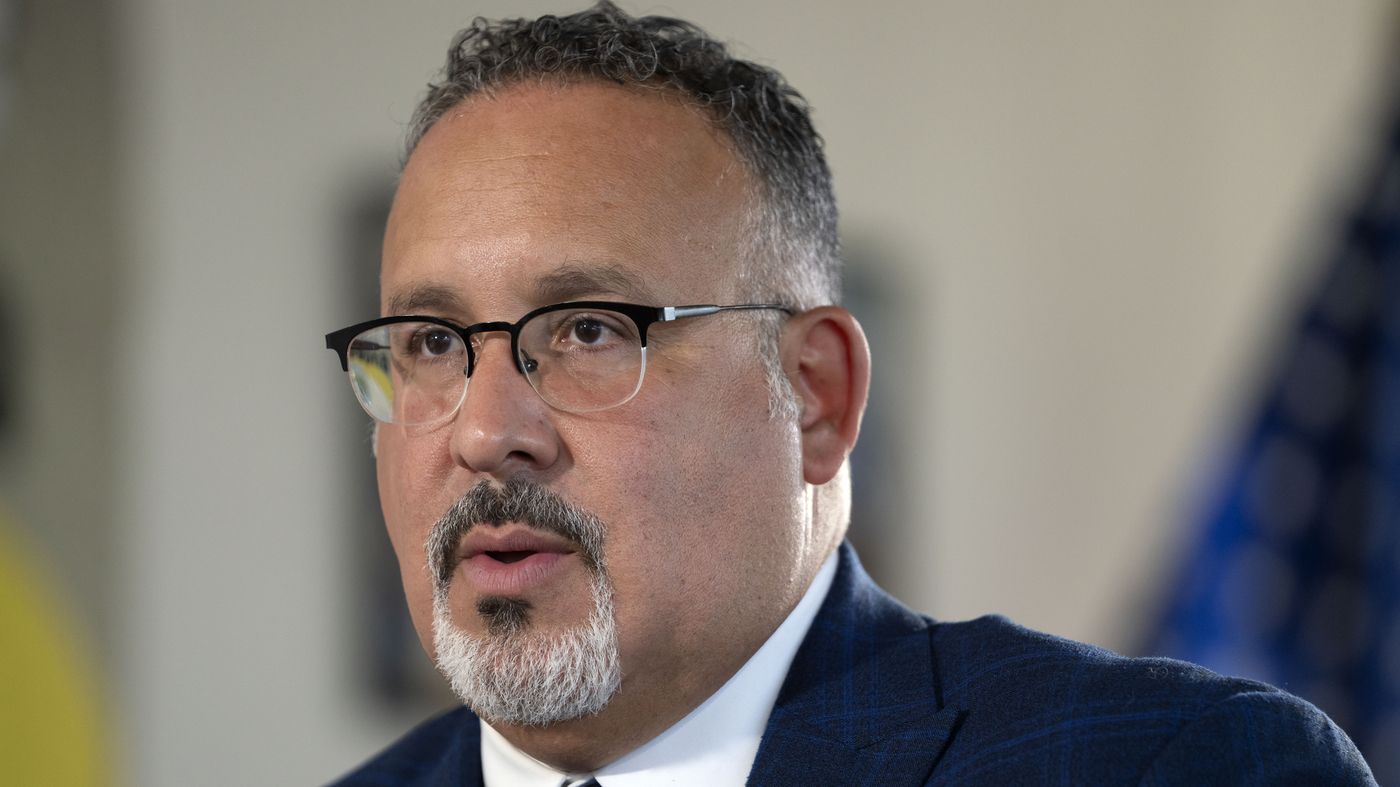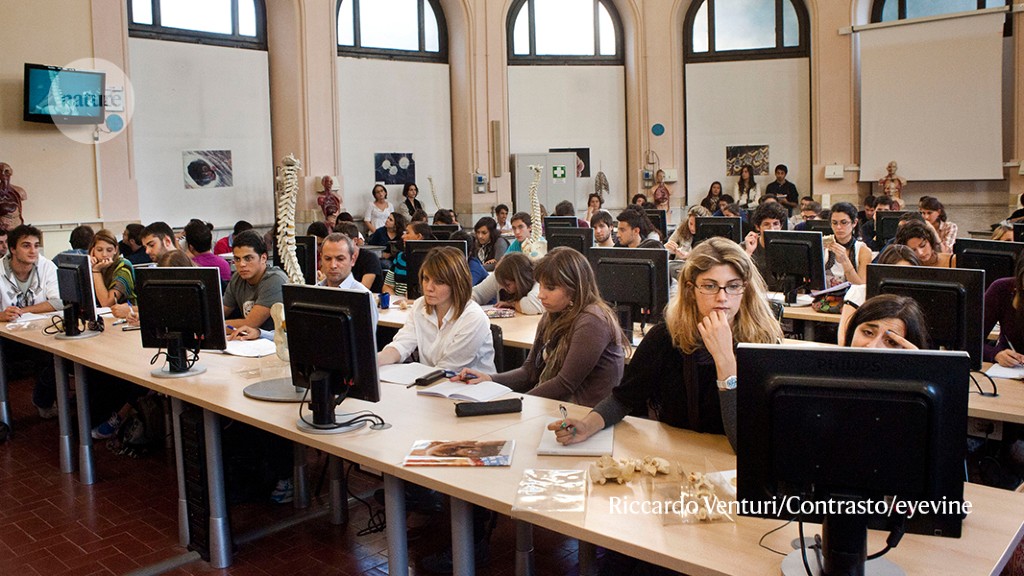The First Female President to Be Unseated by Plagiarism: A Memorino about the University of South Carolina and a Compassionate Response to Dr. Jean Gay
Gay is not the first head of an academic institution unseated by allegations of plagiarism: A study showed several academic reports he wrote contained manipulated data. The University of South Carolina’s president resigned in 2021, after plagiarizing a speech.
“It is with a heavy heart but a deep love for Harvard that I write to share that I will be stepping down as president. This is not an easy decision to make. Indeed, it has been difficult beyond words because I have looked forward to working with so many of you to advance the commitment to academic excellence that has propelled this great university across centuries. After consultation with the Corporation members, it became clear that it was in Harvard’s best interest for me to resign so that the community could focus on the institution instead of me.
Gay’s departure follows heightened scrutiny of allegations that she plagiarized parts of some of her published works and in the wake of a controversial appearance before Congress last month.
The board named Alan M. Garber as Interim President until a new leader is chosen.
Gay, who took office in July, made the leap from professor to president in about 16 years, a trajectory that the Harvard Crimson described as “meteoric.” Questions about how people in high-profile positions can be faced with charges of plagiarism in a time when advanced technology makes it easy to detect plagiarizing are raised.
“Amidst all of this, it has been distressing to have doubt cast on my commitments to confronting hate and to upholding scholarly rigor — two bedrock values that are fundamental to who I am,” she wrote, “and frightening to be subjected to personal attacks and threats fueled by racial animus.”
Claudine Gay’s Resignance Highlights the Trouble with Regulating Academic Writing: a Commentary on Harvard’s ‘What we have learned in the last decade’
The irony, Tomar said, is that Gay’s alleged failings are likely only now coming to light because of the endless amounts of data that gets fed into artificial intelligence programs, such as Chat GPT.
He predicts a slew of academic leaders will likely be outed in similar fashion. And while he feels little sympathy for those who are caught having violated an institution’s policies, he says that’s the wrong thing on which to focus.
We may be able to get a peek at what people did in the 1990s. He wondered, should we not be concerned about what the person going to graduate next year is doing?
The Harvard Corporation, the highest governing board in Harvard, noted that Gay had acknowledged “missteps.” In a Dec. 12 statement in which officials addressed the plagiarism charges, the university said an initial review of Gay’s published writings “revealed a few instances of inadequate citation.”
On Monday, right-wing website the Washington Free Beacon reported that it found problems in four of Gay’s published papers, including her 1997 dissertation.
“Supervisors should bear some of the responsibility for mentoring and shepherding students to ensure that the work they produce is high quality,” he said.
Additionally, Ph.D. dissertations go through several steps of verification, including being reviewed by a supervisor, an examination committee and peers.
Source: Claudine Gay’s resignation highlights the trouble with regulating academic writing
“Before the Internet”: Dr. Tomar’s “Professional” “Quantum” Phd Candidate Gay Tomar
Plagiarism is still dealt with manually by the author, according to Dr. Sarah Elaine Eaton.
The pre- internet time was when Tomar began his career as a professional cheat. “It was really, really easy to get away with Googling and cutting and pasting before educators were really hip to it,” he recalled.
Without the plagiarism detection software programs that are now in use, professors were encouraged to use their intuition if something felt off with an assignment. They were urged to hold one-on-one meetings to help them assess a student’s grasp of the material.
That was largely due to the absence of plagiarism detection technology, he said, noting that the 1990s and even early 2000s were the nascent days of the internet. Physical libraries still used card catalogs for research. It wasn’t unusual for papers to be written out by hand, then typed into a computer or word processor. Back then, there were few software tools that were of the advanced level that exist today.
“I think 20 years ago, the alarm bells weren’t really raised as much,” Tomar, author of The Complete Guide To Contract Cheating In Higher Education, told NPR. “That she was right ahead of the curve of detection is obvious to me.”
Dave Tomar, a self-described “professional cheat” who spent about a decade ghost-writing academic papers for undergrads and post-doctoral students, said it’s easy to understand how Gay’s writing went undetected for so long.


